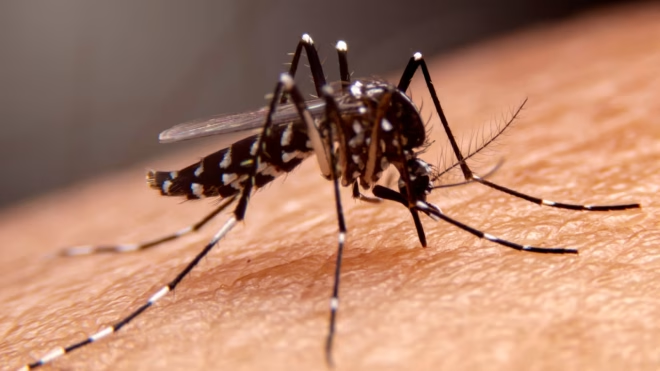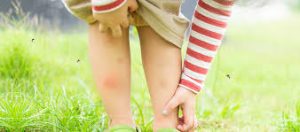
Ways to Prevent Malaria and Stay Away from Mosquitoes During Monsoon Season
Malaria is a life-threatening disease caused by mosquito bites. It is spread by mosquito bites and can make a person very sick. Therefore, measures to prevent malaria are very important. Symptoms of malaria include fever, chills, headache, nausea and muscle pain. The illness usually lasts about two weeks, but people may take longer to recover. Therefore, it is best to know how to prevent malaria by avoiding mosquitoes.
What is malaria?
Malaria is a disease that harms humans through mosquitoes. The World Health Organization says that this disease is more common in tropical countries. The report stated that children under five, pregnant women, travelers and people living with HIV or AIDS are at higher risk of contracting malaria. Five parasites cause malaria in humans; Among these, Plasmodium falciparum and Plasmodium vivax are the most dangerous.
The World Health Organization stated that in 2022, almost half of the world’s population is at risk of contracting malaria, and that serious cases and deaths have been reported in Africa, Southeast Asia, the Eastern Mediterranean, the Western Pacific and the Americas.
How is malaria transmitted?
Malaria is not contagious and cannot spread from one person to another. The only way to catch malaria is through mosquito bites. The New York State Department of Health says an infected female Anopheles mosquito bite can cause malaria. Additionally, blood transfusions from malaria patients or the use of contaminated syringes can also cause malaria. A person can also catch malaria from mosquitoes biting them if they are left untreated or not treated properly. These mosquitoes can spread malaria if transmitted to others.

Malaria Symptoms
The National Institutes of Health says fever, chills, sweats, headache and fatigue are symptoms of malaria. It will be like a viral fever. If left untreated, cognitive impairment, severe hypertension, renal failure, and multiple organ failure may occur. Nausea, vomiting, diarrhoea, abdominal pain and cough have also been observed to accompany other malaria symptoms.
Research suggests stages of malaria paroxysm:
- The first phase lasts 15 to 60 minutes and is called the cold phase.
- Next comes the hot stage. This is the phase that lasts two to six hours and people have a fever. They may also experience flushing, dry skin, headache, nausea, and vomiting.
- Sweat stage is the final one. This is the second to fourth hour of sweating. Here the fever rises rapidly and the patient sweats.
How to prevent malaria?
1. Antimalarial drugs or malaria medication
The CDC says that taking antimalarial medicine beforehand if you are traveling is one way to prevent the disease. This should keep track of where you are going and the medicines your doctor has prescribed for you. Drug treatment should be started a few days before the trip.
2. Choose an EPA-registered insect repellent
Only repellents containing DEET or picaridin can protect against malaria. DEET works by preventing mosquitoes from biting areas that would attack the skin. The EPA says about one-third of Americans use DEET repellent each year to protect themselves from diseases such as West Nile virus, Zika virus or malaria. You can find lotions, creams and sprays that contain DEET.
3. Cover properly
It is important not to leave too much skin as this can attract mosquitoes. Long sleeves and pants can often help protect against mosquitoes. A study published in the British Medical Journal found that travelers who wear long trousers and long shirts are protected against malaria.
4. Apply permethrin to clothing and equipment
The CDC states that applying 0.5% permethrin to clothing and other items such as boots and tents can help prevent malaria. Permethrin is an insecticide that kills mosquitoes. Clothing begins to provide protection when retreated with permethrin. However, remember that you should not apply it directly to your skin.
5. Beware of the risk
It is important to understand what causes malaria and make sure you do not contract it, especially if you are travelling. Closing doors and windows will also help prevent mosquitoes from entering your space. The CDC adds that sleeping under a mosquito net may also provide protection.

